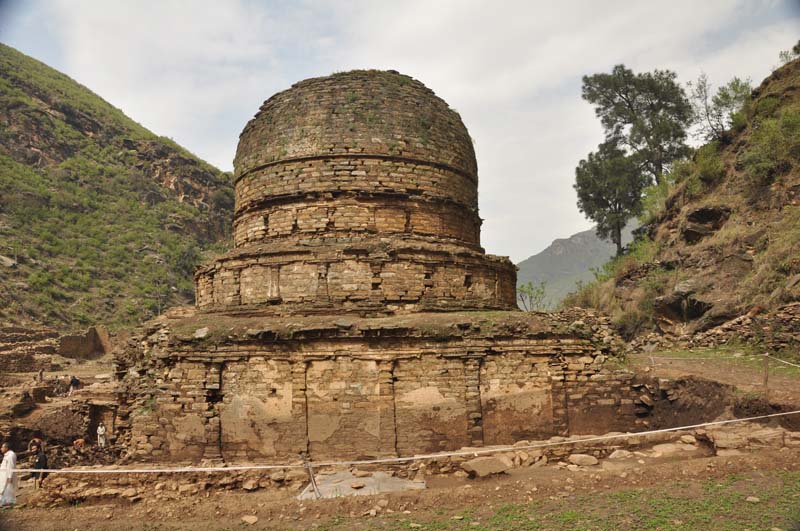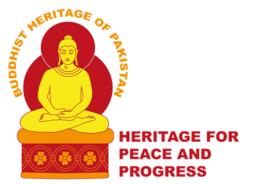
Introduction
Pakistan is a holy land for millions of Buddhist devotees around the world. It is the cradle of the famous Gandhara Buddhist art and iconography. It is the birthplace of renowned Buddhist philosophers and spiritual masters like Asanga, Vasubhandhu, Guru Rinpoche and Monk Marananta. The two brothers, Asanga and Vasubhandha, lived in Peshawar, then known as Purushapura, in the 4th century CE. They became prominent Buddhist philosophers by shaping Buddhist thought for centuries to come. Guru Rinpoche (also known as Padmasambhava) was from the Swat valley. He is venerated as the “second Buddha” by adherents of Buddhism in Bhutan, Nepal and China. The monk Marananta is believed to be from Chhota Lahore in today’s Swabi district. He travelled from Chhota Lahore to Korea through China and preached Buddhism there.
Gandhara of Pakistan is home to the ancient and highly sacred Buddhist stupas and monasteries in Taxila Valley, Mardan, Swabi, Swat and many other parts of Pakistan. Buddhist manuscripts discovered in Gandhara dating back to the 2nd century CE are the oldest surviving collection of Buddhist texts in the world. As a holy land of Buddhism, Pakistan houses the Buddhist heritage of unmatched significance for devotees, scholars and students of Buddhism to explore.
The Fo Guang Shan Education Centre Malaysia, Taxila Institute of Archaeology and Civilizations at Quaid-i-Azam University, Directorate of Archaeology and Museums, Khyber Pakhtunkhwa and Silk Road Centre are jointly organizing the third international conference to promote the Buddhist heritage of Pakistan for knowledge development, peace and prosperity. The event features research sessions and post-conference tours to key Buddhist sites in Gandhara.
Purpose and Objective
This year’s conference is designed to engage a wide range of stakeholders including scholars, faith leaders, conservation specialists, tour operators, youth and communities in knowledge development, conservation discourse, education, training, and community engagement dialogue to preserve and promote the Buddhist heritage of Pakistan dating back to the 3rd century BC.

